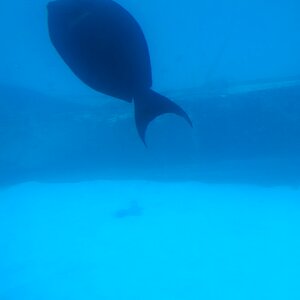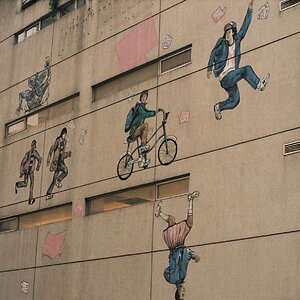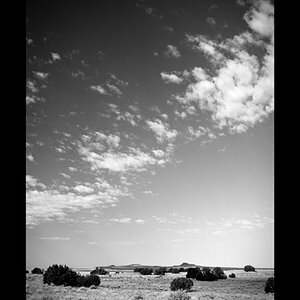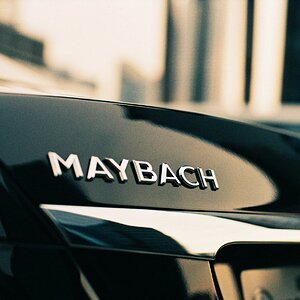KevinPutman
TPF Noob!
- Joined
- Apr 13, 2011
- Messages
- 545
- Reaction score
- 19
- Location
- Nebraska
- Can others edit my Photos
- Photos OK to edit
Saw a dohickey the other day at Best buy. Plug it into a USB port, and it scans your film/negatives, and converts them to digital.
Was curious if anyone has played with one yet, and if it'd be worth getting.
My stepdad has a really nice Pentax that I'd like to play around with..but getting pictures developed is too much of a hassel.
Was curious if anyone has played with one yet, and if it'd be worth getting.
My stepdad has a really nice Pentax that I'd like to play around with..but getting pictures developed is too much of a hassel.




![[No title]](/data/xfmg/thumbnail/42/42273-78c0ae886bd5e6d47580353f398c92b9.jpg?1619740082)

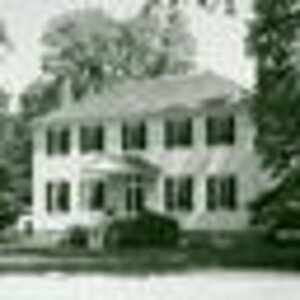
![[No title]](/data/xfmg/thumbnail/35/35265-c9ea3efd2c618a57ea136e63ad106880.jpg?1619736970)

![[No title]](/data/xfmg/thumbnail/42/42472-9229a7111196e5db141ab82c04a4ba48.jpg?1619740193)
![[No title]](/data/xfmg/thumbnail/34/34144-52e7a5d3e3908ae808afeabfe86fffdc.jpg?1619736317)
